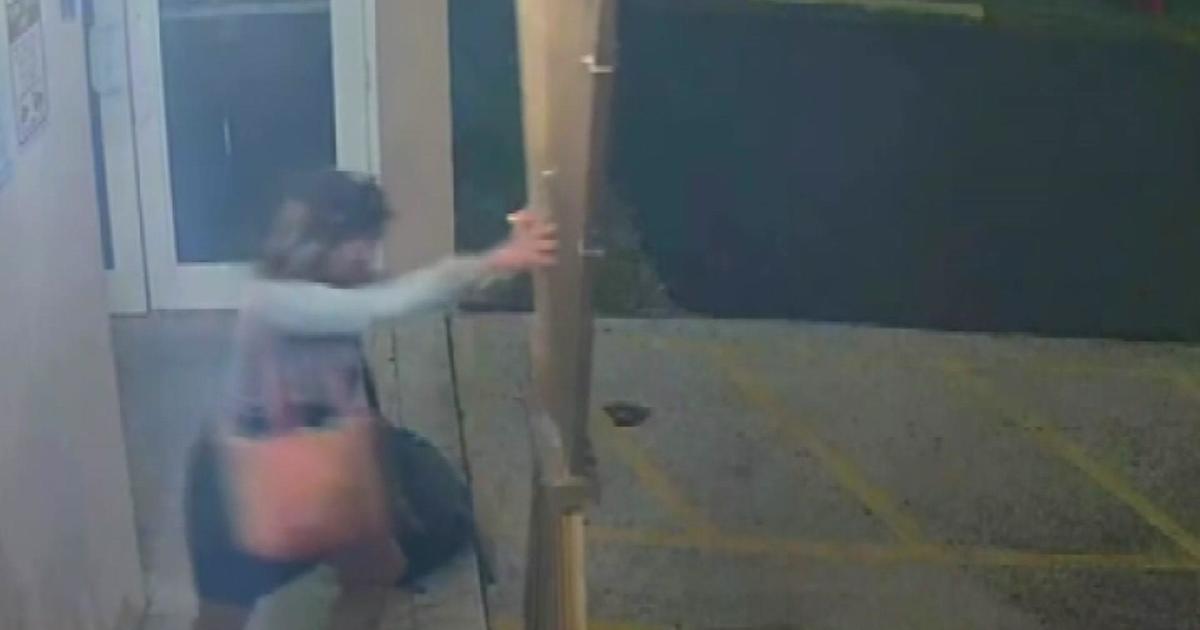Hoarding May Be Genetic
MIAMI (CBSMiami) -- It's often hidden behind closed doors but millions of people are driven to collect things most of us would consider junk. They are compulsive hoarders and now there's mounting evidence that in some cases, hoarding is in your genes.
Imagine living with clutter, trash, filth and, in some cases, rodent infestation. These are the homes of hoarders, as seen on popular TV shows. There's tons of clutter that can fuel a small fire into a raging inferno, like it did inside one Phoenix home.
In Minneapolis, a woman barely escaped her cluttered house alive when fire broke out. In Charlotte, one hoarder died when firefighters couldn't even get inside his home to rescue him.
It's a mental disorder affecting as many as six million Americans. A Maryland woman who asked to be identified only as "Amanda" is one of them.
"I was obsessed with this," "Amanda" said.
For 15 years, "Amanda" filled up her home with things her neighbors threw in the trash.
"Books, ,boxes, stuffed animals, newspapers, magazines, clothing, paper. A lot of paper," she said. "I would think to myself, `Wow, I cannot believe people are actually throwing out these perfectly good, wonderful things.'"
So many things became piled up, her home became a health and a fire hazard.
"Someone came in and said `You must clear this out or you will be evicted,'" she said.
Eviction, family disputes, shame and isolation are often the side effects of hoarding. So why do people do it?
"It's definitely in the realm of psychiatric conditions," said psychologist Dr. Gregory Chasson.
Chasson points to recent studies by Johns Hopkins University researchers, which found hoarding may be as much biological as it is psychological.
"Research suggests that there is a genetic component," Chasson said.
"I've come to learn very shockingly my father was stashing and storing everything, either in storage in his building or closets," "Amanda" said. "I didn't go out seeking the help; it was my family that brought the help into me."
Cognitive behavioral therapist Andrea Batton worked with "Amanda" for five years, helping clear her clutter while treating her underlying psychological issues.
"It's very hard. It's a very, very difficult process," Batton said.
Difficult but rewarding. Her shame is now gone, replaced by a determination not to let her home return to the health hazard still facing millions of hoarders.
Batton says while the progress is profound, it is the result of a lot of hard work.
To learn more about the International Obsessive Compulsive Disorder Foundation, click here.



